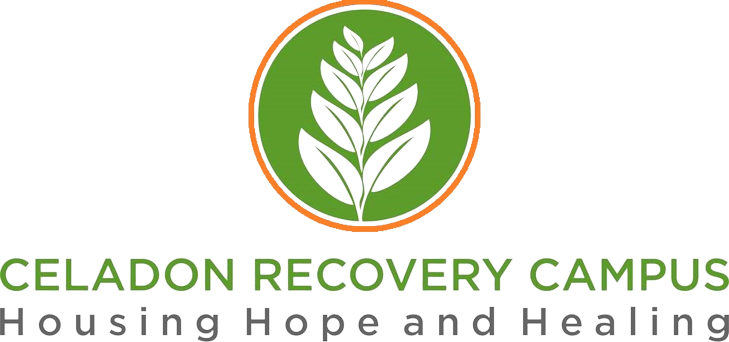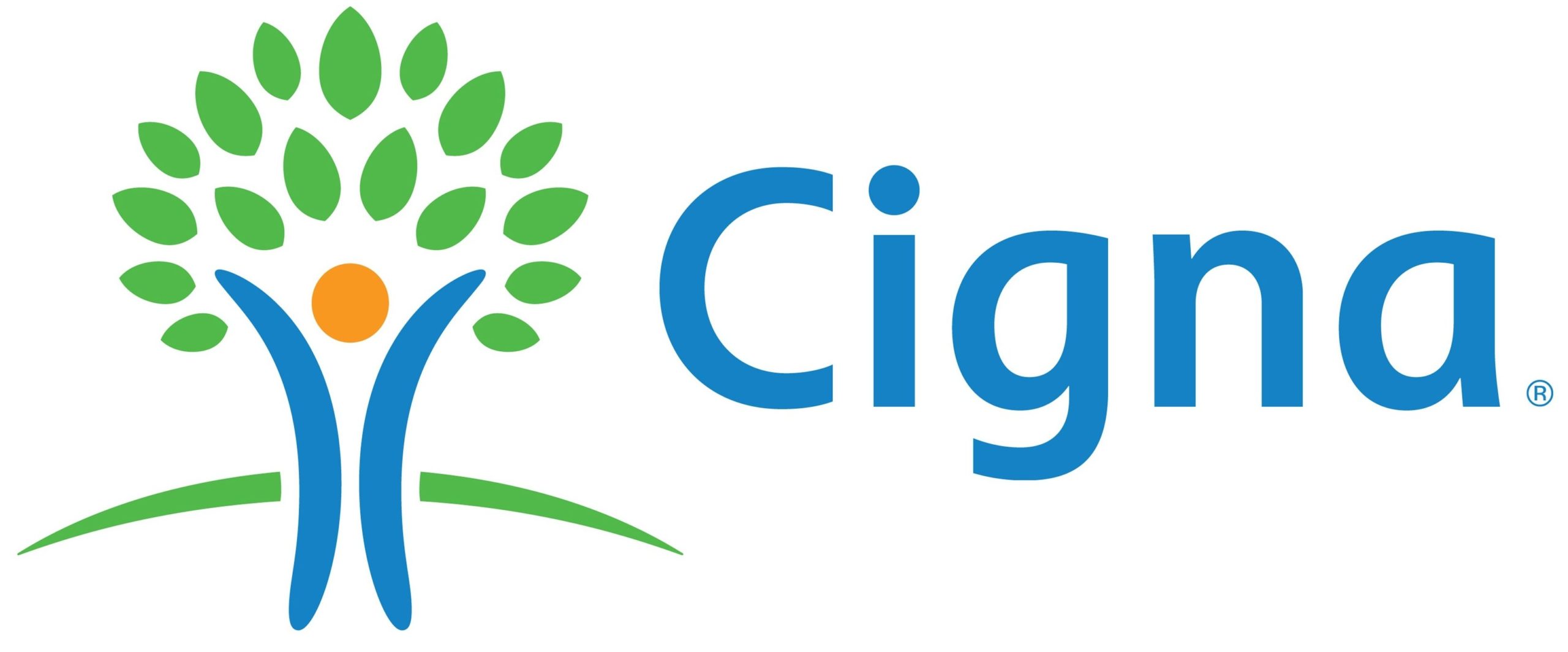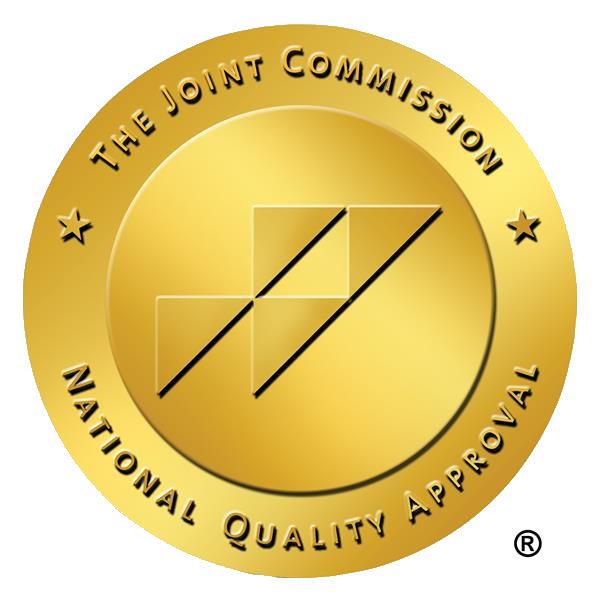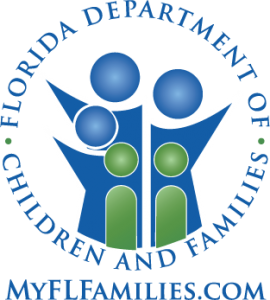Understanding Co-Occurring Disorders in Florida
In the picturesque landscapes of Florida, a state known for its vibrant communities and natural beauty, a complex challenge often remains hidden beneath the surface. This challenge is the co-occurrence of mental health disorders and substance abuse, often referred to as co-occurring disorders. In this article, we delve into the intricacies of understanding and addressing these dual diagnoses in the unique context of Florida, shedding light on the importance of integrated dual diagnosis treatment.
Florida, with its diverse population and rich culture, grapples with a higher incidence of co-occurring disorders compared to many other regions. These disorders manifest in various forms, with individuals often using substances to self-medicate underlying mental health conditions, creating a complex web of intertwined issues. This article explores the prevalence and significance of dual diagnoses in the state, emphasizing the importance of dual diagnosis treatment programs that cater to the specific needs of individuals facing this dual burden.
What are Co-Occurring Disorders?
Co-occurring disorders, often referred to as comorbidity, occur when an individual experiences both a substance use disorder (commonly known as substance abuse) and a mental health disorder simultaneously. This double burden of mental health issues and substance abuse can manifest in various ways, such as individuals using substances to self-medicate underlying mental health conditions.
In Florida, the co-occurrence of disorders like bipolar disorder, post-traumatic stress disorder, anxiety disorders, personality disorders, and others with substance abuse is a significant concern. The Sunshine State has witnessed a higher incidence of such cases, underlining the need for specialized dual diagnosis treatment programs.
What is Dual Diagnosis Treatment?
Dual diagnosis treatment is a specialized approach designed to tackle the intricate challenges faced by individuals dealing with both mental illness and addiction. It recognizes the coexistence of mental health disorders and substance use disorders like drug addiction, alcohol addiction, eating disorders, alcohol abuse, and even conditions such as attention-deficit hyperactivity disorder (ADHD).
Here’s an overview of the key elements of dual diagnosis treatment, as well as the importance of addressing co-occurring mental health disorders and substance abuse:
1. Comprehensive Assessment: The treatment journey begins with a thorough evaluation that seeks to identify the specific mental health disorder, as well as the extent of the substance use issue. This assessment is essential in crafting an individualized treatment plan.
2. Integrated Treatment: Dual diagnosis treatment adopts an integrative approach, recognizing that mental illness and addiction often interact, influencing and worsening each other. Therefore, it ensures that both conditions are addressed concurrently.
3. Medication Management: When medication is a part of the treatment plan, it’s administered and monitored with care to address the dual nature of the disorder. Medications may target both mental health symptoms and substance addiction.
4. Therapeutic Interventions: Various therapeutic approaches, including cognitive-behavioral therapy (CBT), group therapy, family therapy, and individual counseling, play a pivotal role in helping individuals develop coping mechanisms, manage triggers, and confront underlying issues.
5. Supportive Services: Dual diagnosis treatment programs extend beyond clinical therapy. They may offer supportive services, such as vocational training, housing assistance, and social services, addressing the broader needs of individuals facing co-occurring disorders.
6. Relapse Prevention: Relapse prevention strategies are a crucial part of treatment. They focus on preventing relapse in both mental health symptoms and substance use, equipping individuals with the tools needed to maintain their well-being.
7. Peer Support and Education: Many individuals benefit from peer support and educational programs. These programs help them gain a deeper understanding of their conditions and create connections with others facing similar challenges.
In essence, dual diagnosis treatment acknowledges the complex relationship between mental illness and addiction, providing a holistic approach to address both conditions simultaneously. This comprehensive approach increases the likelihood of successful recovery and long-term well-being for individuals grappling with co-occurring mental health disorders and substance abuse. Interventions in dual diagnosis treatment pave the way for healthier, more fulfilling lives, where individuals can manage their mental health symptoms and reclaim control over their lives.
The Importance of Dual Diagnosis Treatment
Dual diagnosis treatment is pivotal in the realm of addiction and mental health. It provides an integrated approach to tackle addiction treatment and disorder treatment, especially in cases of drug use, drug abuse, substance abuse disorders, and co-occurring mental health disorders. This approach recognizes that addiction and mental health disorders often co-occur, with each influencing the other. It ensures individuals receive holistic treatment, addressing both aspects of their condition simultaneously. Comprehensive assessments guide the creation of tailored treatment plans, considering the unique needs of individuals, integrating evidence-based practices recommended by organizations like the National Institute on Drug Abuse.
Dual diagnosis treatment delves into the complex interplay between addiction and mental health. Many individuals struggling with addiction experience mood swings and other mental health symptoms. It seeks to uncover the underlying causes and connections between substance abuse and mental health. With the opioid crisis affecting many, dual diagnosis treatment is especially relevant as it provides specialized care for those struggling with opioid addiction alongside mental health conditions. Specialized recovery centers for dual diagnosis treatment offer the necessary treatment services for both addiction and mental health, staffed with professionals experienced in addressing co-occurring disorders.
A significant emphasis of dual diagnosis treatment is the prevention of relapse, offering proactive strategies to prevent the recurrence of both substance abuse and mental health symptoms. This focus on relapse prevention is vital in supporting long-term recovery. Dual diagnosis treatment is essential in the world of addiction and mental health care. It offers a comprehensive, informed, and evidence-based approach to addressing the complex relationship between addiction and mental health, making it a critical component of our healthcare system, particularly in the context of the opioid crisis and other substance abuse challenges.
Dual Diagnosis Treatment Approaches in Florida
Florida boasts a range of specialized dual diagnosis treatment centers and facilities. These centers offer comprehensive treatment plans that include detox, inpatient and outpatient treatment options, behavioral health evaluations, and long-term recovery programs. They adhere to the standards set by organizations like SAMHSA (Substance Abuse and Mental Health Services Administration) to ensure quality care.
Treatment may involve a combination of therapies, including cognitive behavioral therapy (CBT), group therapy, and medication management for conditions like schizophrenia and mood disorders. Individualized treatment plans address the unique needs of each patient.
The Role of Rehabilitation Centers
Rehabilitation centers in Florida are equipped to provide integrated care for co-occurring disorders. They offer services such as inpatient hospitalization, outpatient support, and detox to manage withdrawal symptoms. Mental health professionals and health care providers work together to address co-occurring disorders effectively.
Support Groups and Resources
Recovery is not just a journey for the individual but for their loved ones as well. In Florida, there is a network of support groups and resources dedicated to co-occurring disorders, including substance abuse treatment and mental health support. These groups offer guidance, encouragement, and a sense of community.
Conclusion
Understanding and addressing co-occurring disorders is vital for promoting mental health and well-being in Florida. Dual diagnosis treatment programs in the state play a crucial role in helping individuals recover from the complex interplay of substance abuse and mental health problems. By accessing the available resources, individuals and their loved ones can find hope and healing in the face of these challenges.
For those struggling with co-occurring disorders in Florida, the path to recovery is within reach, thanks to the dedicated professionals, treatment facilities, and support networks across the state.
Remember, you’re not alone, and help is available to guide you on your journey toward recovery.










